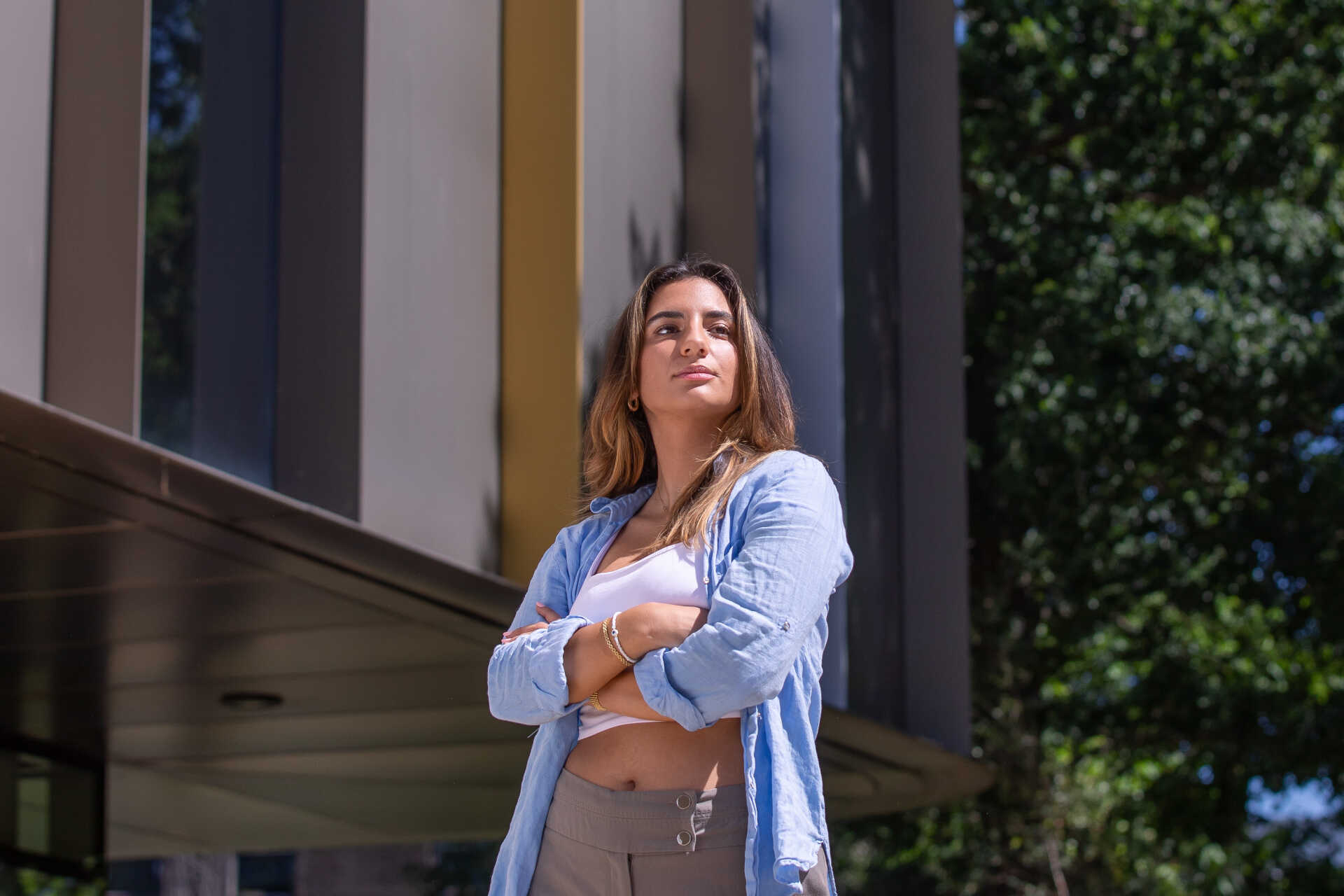History and Philosophy of Art
This MA, taught at Kent’s Paris School of Arts and Culture, provides a structured introduction to the postgraduate study of the history and philosophy of art. It is the only History and Philosophy of Art MA offered by a British university in Paris and taught in English.













